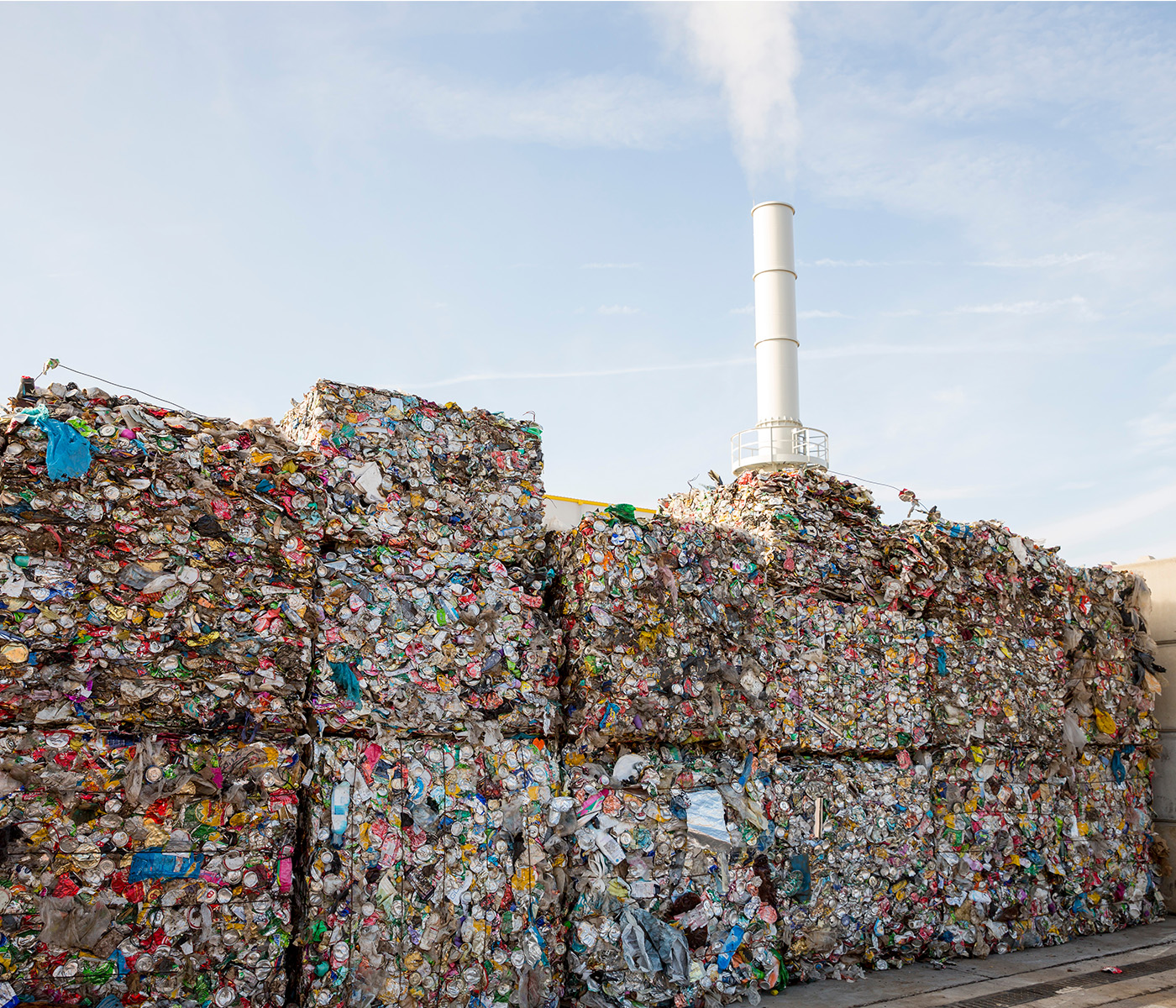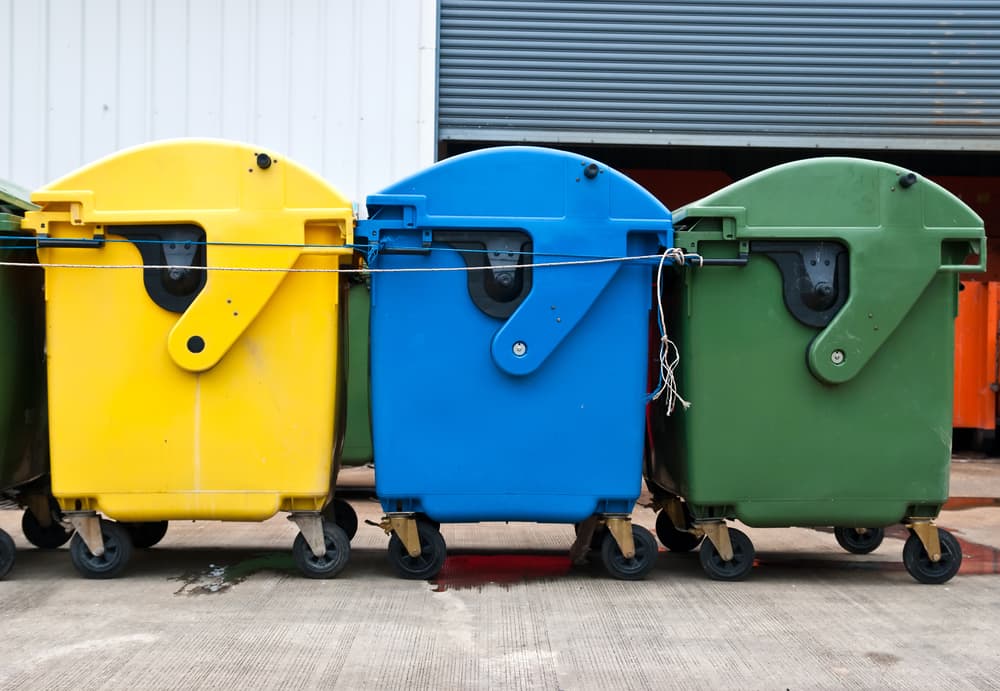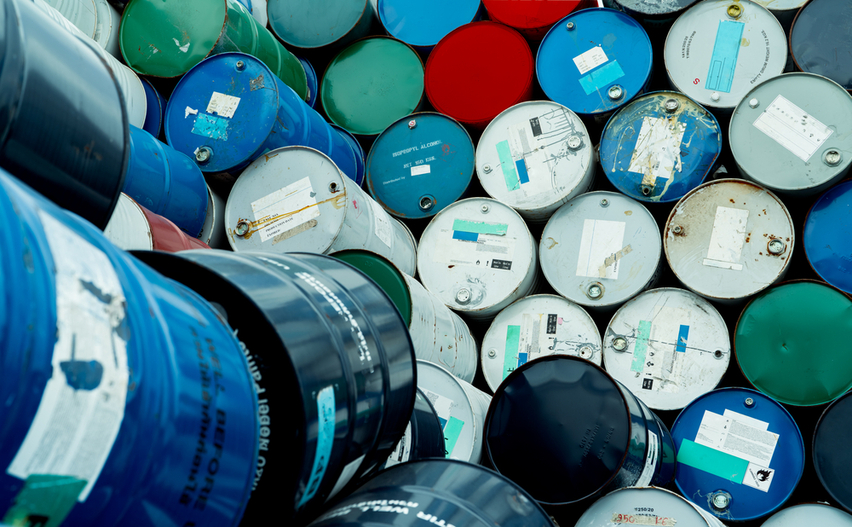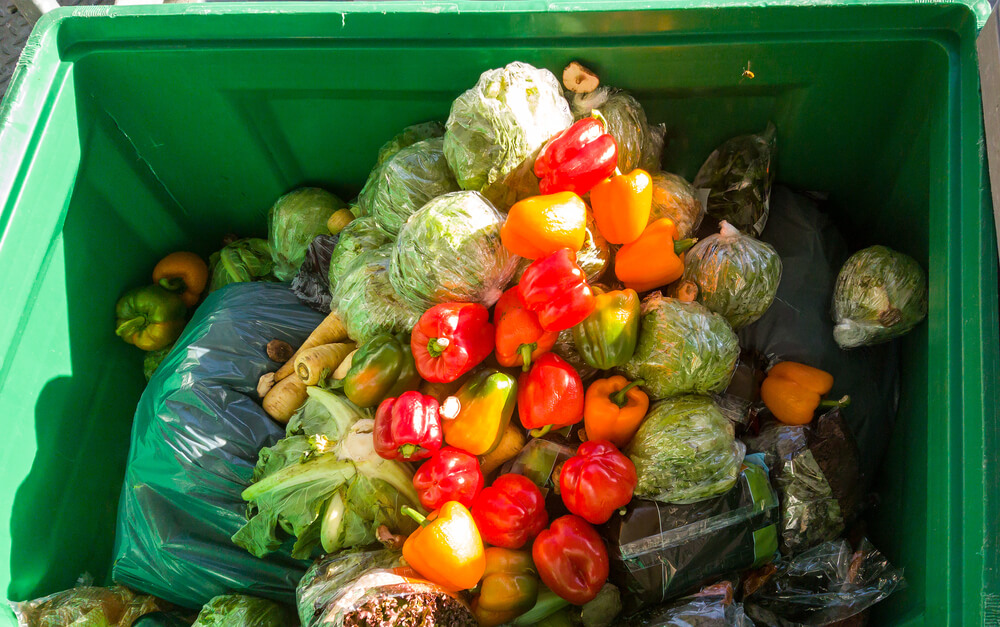May 9th, 2024

Without doubt, the latest standards set out by China which took effect from the beginning of 2018 limiting all imported materials to a maximum contamination level of 0.5% has caused mass hysteria around the World, but as would be expected, alternative solutions are being sought.
On the face of it, some of the statistics that are being released worldwide are quite buoyant. Across the Atlantic Ocean in the United States scrap exports to China have fallen by 1.6million metric tonnes (Q1), year on year, while on home shores, the UK has also indicated a decrease, nearing 20,000 tonnes per month.
On closer inspection it’s clear that the processes for achieving these figures are not desirable; local stockpiling or worse still, diverting some recyclable materials to landfill – and that’s why industry professionals are raising legitimate questions as to the sustainability of the resolutions being offered.
One things for sure, it does mean that imports are quickly diminishing into China, making the country far less significant than ever before in that market, with destinations such as Asia, Malaysia, Vietnam and Indonesia having more dominance than previously endured.
That said, although the number of emerging destinations for the surplus waste may be increasing they haven’t been as forthcoming as initially anticipated. Furthermore, those that have been identified do not sufficiently match capacity levels received by China, and, what is to stop these nations from following suit and introducing similar sanctions of their own further down the line.
The question is where does it stop? And seemingly we don’t have the answer, given that China has already announced further changes that will prohibit two further waste streams being imported into the country in the next two years.
- By end-2018: steel slag, post-industrial plastics, compressed auto pieces, small electric motors and insulated wires, and vessels.
- By end-2019: wood pellets, stainless steel scrap, and nonferrous scrap excluding aluminium and copper.
Fortunately, it seems to be commonly agreed that this shouldn’t be as much of a problem to the previous bans due to growing UK and European markets available for the materials in question, as well as sufficient time to suitably react to the changes.
In conclusion, we should not be reliant on any single market of globally traded products. A lack of leadership and policy has left the market to find its own solutions, and as has been proven, it is unhealthy and risky.
For help managing your organisation’s waste and commodities, contact NRC on [email protected] or 0845 299 6292.
Blog courtesy of Mick George.





